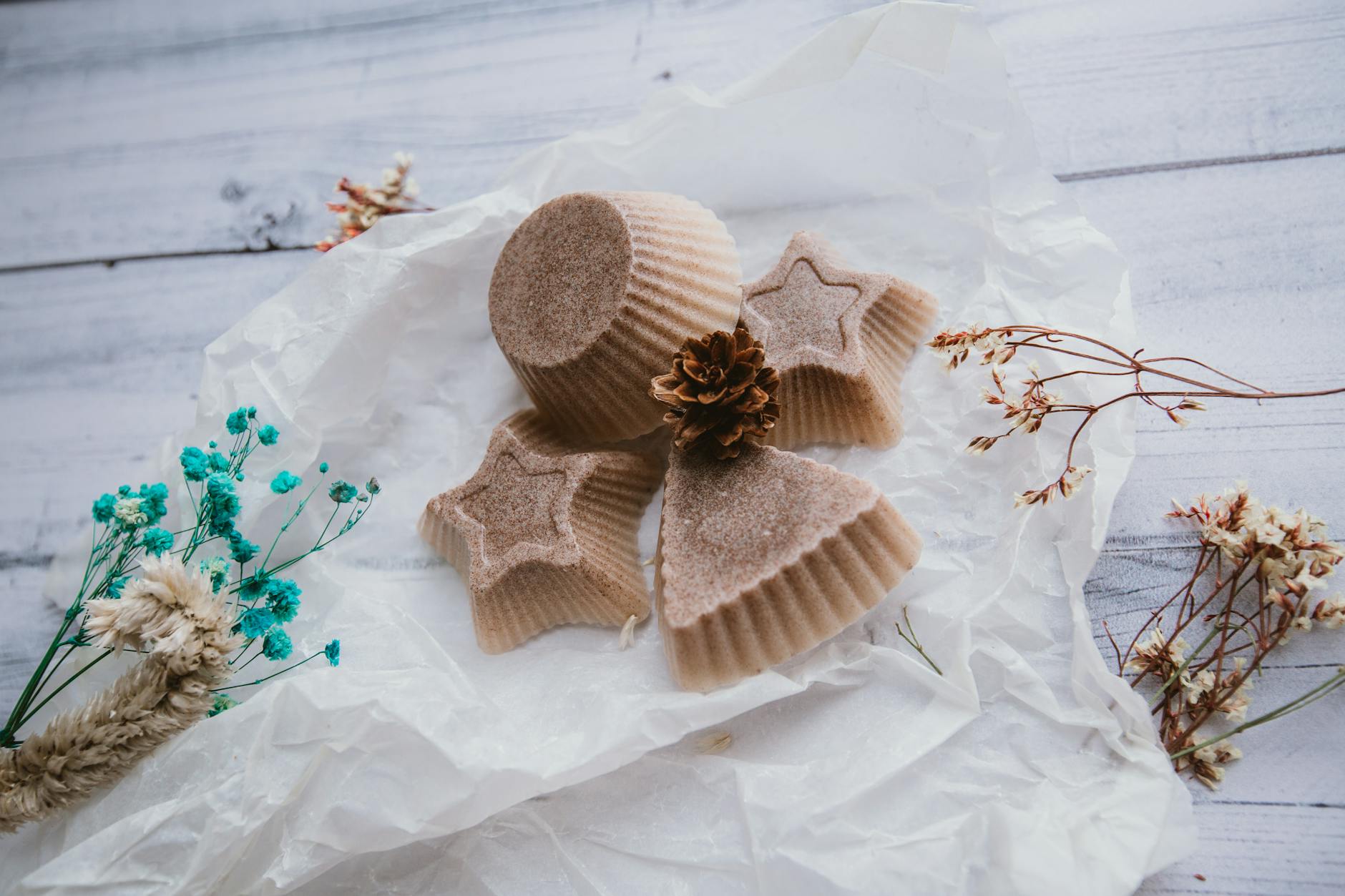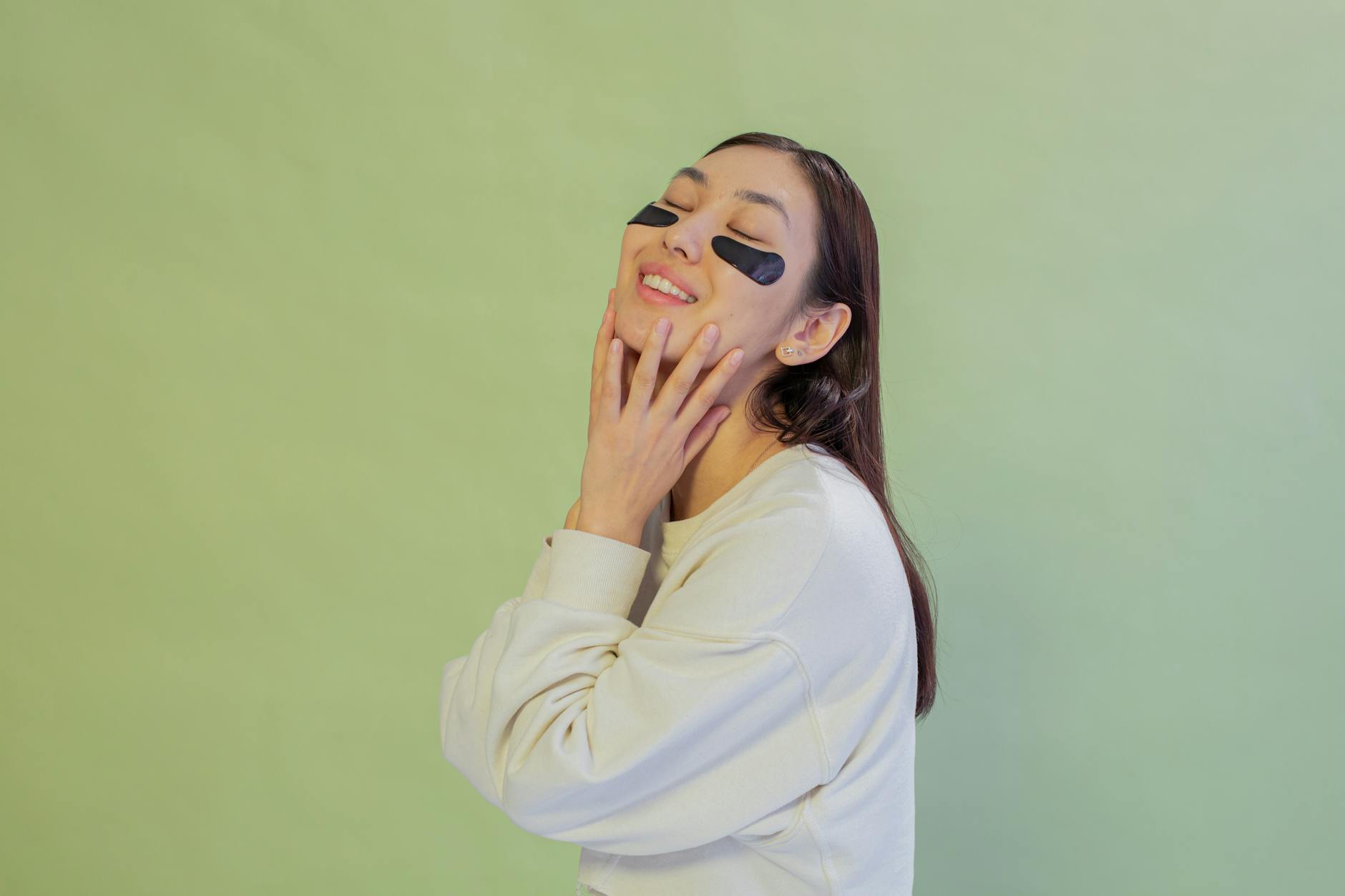How to Choose the Best Sunscreen for Your Beach Adventures in Australia

To help Mitchell navigate his journey of finding the right sunscreen, let’s begin with understanding skin needs and considerations like skin type, ingredient sensitivity, and SPF. Armed with this knowledge, Mitchell can make informed choices for his outdoor adventures around beautiful Brisbane—be it hiking on Mount Coot-tha or enjoying a relaxing day at South Bank Parklands.
Identify Your Skin Type
Recognising your skin type is essential for selecting the right sunscreen. Skin can generally be categorised as oily, dry, combination, or sensitive. Each type has specific needs, so identifying which category yours falls into will ensure you choose a formula tailored for your skin.
Sensitivity to Ingredients
If you have sensitive skin, it’s crucial to observe how it reacts to different ingredients. Look for sunscreens free from fragrances and dyes, which can cause irritation. A kids sunscreen that is gentle and designed for sensitive skin might be a good option.
Understanding SPF and UV
Selecting the right SPF level can sometimes be tricky. Generally, an SPF 30 offers sufficient protection for most people, blocking 97% of UVB rays. If you're spending a lot of time outdoors, like when hiking Brisbane's local trails, consider a product labelled as broad-spectrum. This ensures it also provides protection against harmful UVA rays. Additionally, opting for a reef safe sunscreen supports your sustainability values, minimizing environmental impact while exploring natural wonders.
Deciphering Sunscreen Labels
Reading sunscreen labels can sometimes feel like trying to navigate through a foreign language. I remember strolling through eco-conscious stores in Brisbane's West End, overwhelmed by the myriad options available. Understanding these labels is crucial, especially if you're like me and desire to make eco-friendly choices for your skin. Mitchell, if you’re seeking comprehensive protection during your outdoor escapades without compromising on sustainability, here's a guide to help you.
Shared Labels to Recognize
Labels such as "reef-safe," "non-comedogenic," and "water-resistant" are common but require attention when choosing products. Reef-safe sunscreens, often formulated with minerals like zinc sunscreen, are ideal for environmentally conscious individuals. This option ensures fewer harmful chemicals entering our oceans and is often gentle on sensitive skin.
Interpreting Active Ingredients
The active ingredients listed are essential to understanding how a sunscreen will protect you. With ingredients like zinc oxide and titanium dioxide, you're getting physical sun blockers that reflect UV rays. These components are less likely to irritate, making them perfect for someone spending considerable time outdoors, whether hiking around Mount Coot-tha or catching a wave at the Gold Coast.
Broad Spectrum Protection
Broad spectrum labels ensure sunscreens offer protection against both UVA and UVB rays. This designation is a crucial factor in safeguarding your skin against premature ageing and long-term sun damage. When I'm out and about, basking in Brisbane's vibrant sunshine, this assurance becomes a non-negotiable for skin health.
Eco-Friendly Considerations
Reef-Safe Formulations
Living in Brisbane, with access to places like South Bank Parklands, it's vital to ensure our skincare choices preserve the beauty of our surroundings. When you're out hiking on the trails of Mount Coot-tha, having a natural sunscreen handy that is reef-safe becomes an essential part of your kit. But what does reef-safe actually mean? Essentially, it means these sunscreens use minerals like zinc oxide or titanium dioxide, free from chemicals harmful to coral reefs such as oxybenzone and octinoxate. Choosing reef-safe formulations supports our ocean ecosystems while safeguarding our skin during outdoor adventures.
Biodegradable Packaging
Another eco-friendly consideration for your sunscreen purchase is biodegradable packaging. As someone deeply engaged with nature, you would appreciate that many eco-conscious stores in West End offer products with packaging designed to break down more easily once disposed of. This helps in significantly reducing landfill waste and promotes a healthier planet. It’s a small step but choosing brands with biodegradable or recyclable containers can make a big difference.
Ethical Brand Practices
Ethical practices in the skincare industry are also worth considering. Opt for brands that practice cruelty-free testing and source ingredients responsibly. Since teaching involves imparting values, you might resonate with supporting brands that align with these principles. Look for certifications or brand statements that confirm their ethical standing. By selecting sunscreens that follow these guidelines, you’re making a substantial contribution toward a more sustainable and compassionate world.
Application Tips for the Beach
Proper Application Techniques
When it comes to applying sunscreen, especially under the strong Australian sun, it's crucial to ensure you're using the right amount and covering all areas. Many people, including myself, are often guilty of using too little. A good rule of thumb is to use a dollop the size of a 50-cent coin for each limb, and don't forget those easy-to-miss areas like the back of the neck and the tops of your feet. If you have little ones tagging along on your beach adventure, keep in mind that baby sunscreen can be an excellent choice for gentle, effective protection.
Reapplication Frequency
Sunscreen isn't a one-and-done affair. After enjoying a dip in the ocean or working up a sweat exploring the trails around lush areas like Mount Coot-tha, reapply every two hours, or immediately after towel drying. I always keep a bottle in my beach bag and make it a part of my routine to reapply regularly. It helps to set an alarm on your phone as a gentle reminder because losing track of time is way too easy when you're having fun in the sun.
Complementary Sun Gear
Finally, complement sunscreen with a wide-brimmed hat and UV-blocking sunglasses. This style not only adds flair to your beach look but also significantly enhances protection. Lightweight, breathable clothing can offer an extra layer of defense against harmful rays. This way, you’re thoroughly shielded and ready to soak up sunshine without worry.
Navigating Common Sunscreen Slip-Ups
Cloudy Day Neglect
Ah, the unpredictable weather of Brisbane! A stroll along the lush Mount Coot-tha trails might seem like the perfect overcast adventure, but don't be fooled. Those clouds are sneaky and only block about 20% of UV rays. I've learned this the hard way after an unexpected sunburn lurking under my foundation after an innocent "backyard" barbecue at South Bank Parklands. Keep in mind that even on those grey days, daily wear sunscreen should still be in your beauty tool kit.
Missing Lip and Scalp Care
When it comes to sun protection, lips and scalps are often left in the dust. Trust me, facing the sting of a sunburnt scalp or tender lips is no joke. Opt for a lip balm with SPF, and when you're weaving through the vibrant markets of West End, why not grab a stylish hat? It’ll not only design a fabulous shadow over your face but also protect those tricky areas. A hat is not just a fashion statement—it's a protector, ensuring areas like the scalp and ears are shielded from those harsh rays.
Ignoring Expiry Dates
Sunscreen, like beauty products, has a lifespan, and using expired formulas can lead to less protection. Those dusty containers hiding at the back of your cupboard, perhaps last seen on a whim trip down to the Gold Coast—it’s time to part ways. Expiry dates are there for a reason. Using fresh sunscreen ensures you’re getting the full punch of protection needed to combat UV damage on our sunny days.


